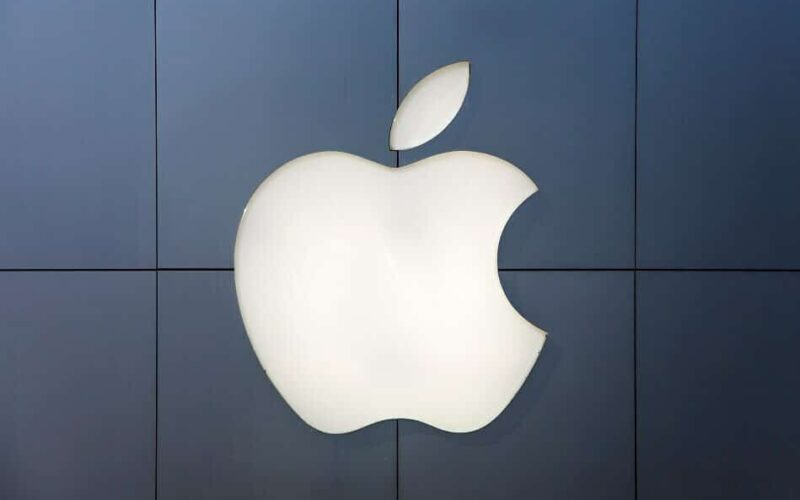Apple is currently being sued in a class-action lawsuit that claims the tech giant has conspired to limit peer-to-peer payment options on its devices and block the integration of crypto technology in iOS payment apps. The lawsuit, filed on November 17 in a California District Court, alleges that Apple entered into anti-competitive agreements with popular payment platforms such as PayPal’s Venmo and Block’s Cash App. These agreements are said to restrict the use of decentralized cryptocurrency technology in payment apps, resulting in higher prices for users.
The suit accuses Apple of utilizing technological and contractual restraints, such as App Store exclusivity and limitations on web browser technology, to exert complete control over all apps installed and run on iPhones and iPads. According to the plaintiffs, Apple leverages these restraints to force new iOS P2P payment apps to exclude crypto functionality as a condition for entry into the App Store.
As a result of these alleged practices, consumers have been subjected to inflated fees. The plaintiffs aim to recover damages for excessive fees and overcharging caused by Apple’s alleged anticompetitive conduct. Spanning 58 pages, the class-action lawsuit provides an extensive account of the history and growth of peer-to-peer payment apps and decentralized cryptocurrencies.
Apple’s History of Anti-Competitive Behavior
It is worth noting that Apple has previously faced legal trouble for similar practices. In April, the Court of Appeals for the Ninth Circuit ruled that Apple had violated California’s competition laws by prohibiting apps from directing users to non-Apple payment solutions. Apple’s guidelines also require app developers to share 30% of transaction revenues, which has presented a barrier for crypto firms attempting to provide services to iOS users.
For example, the Bitcoin-friendly social media app, Damus, was removed from the App Store due to its tipping feature that allowed content creators to receive tips in the form of Bitcoin through the Lightning Network. Apple deemed this feature a violation of its guidelines, which prohibit developers from selling additional in-app content unless the transactions go through Apple, who takes a 30% cut.
Another incident occurred when the popular Ethereum wallet, MetaMask, was briefly removed from the App Store in October before being restored.
















